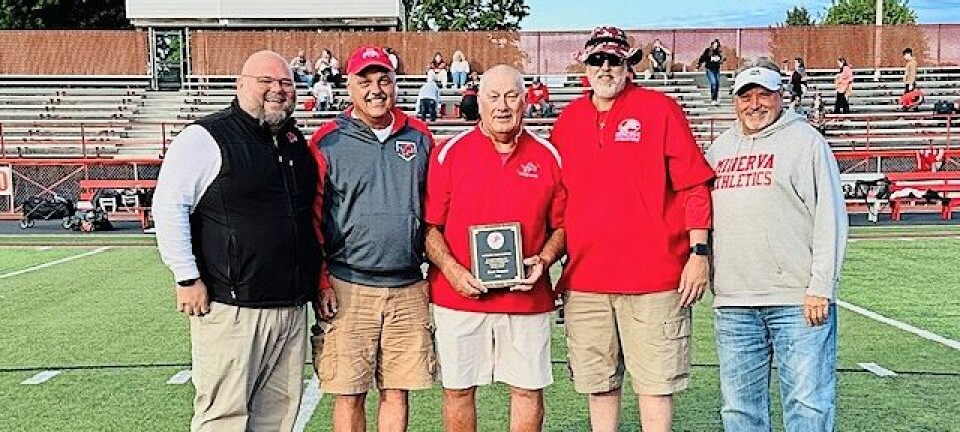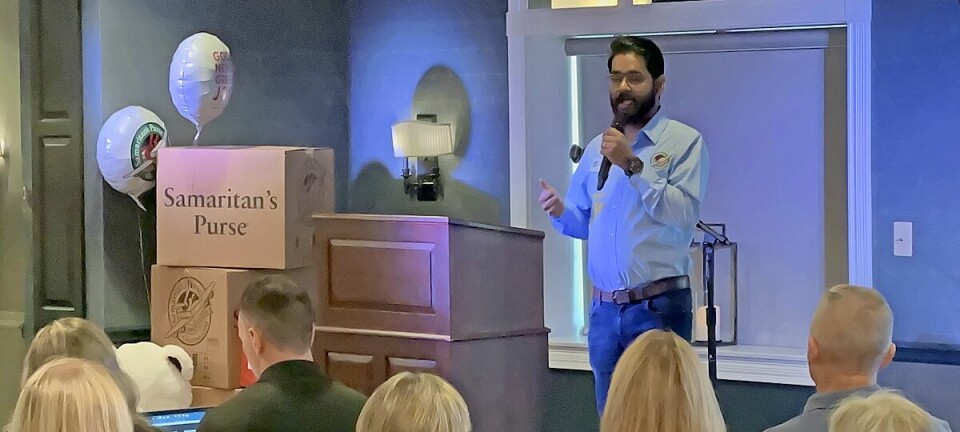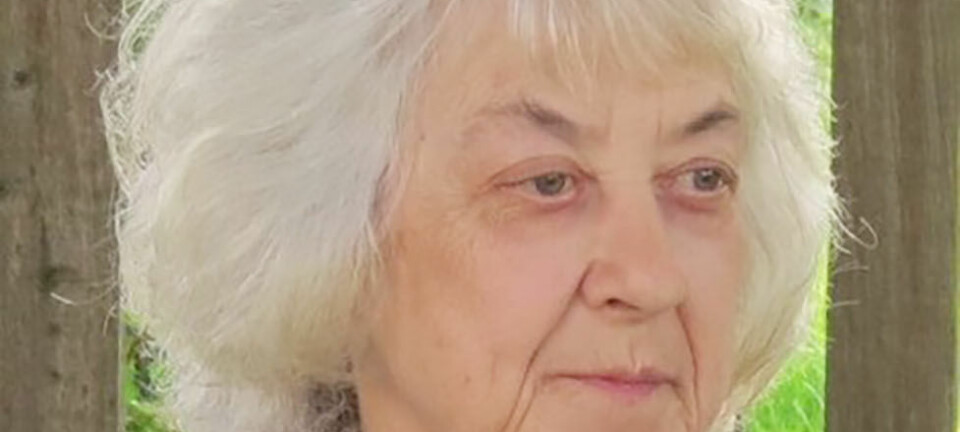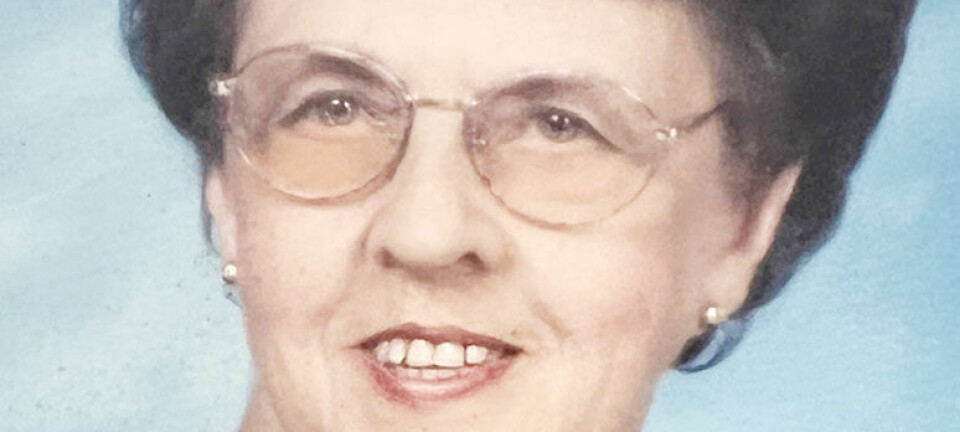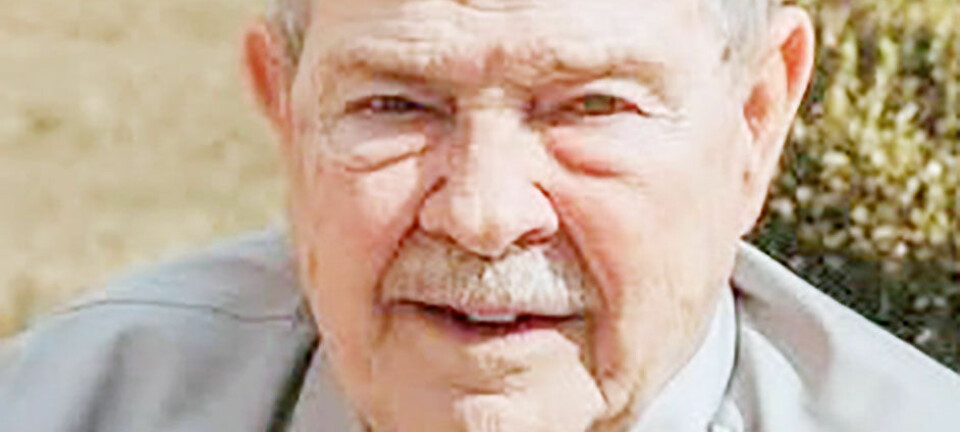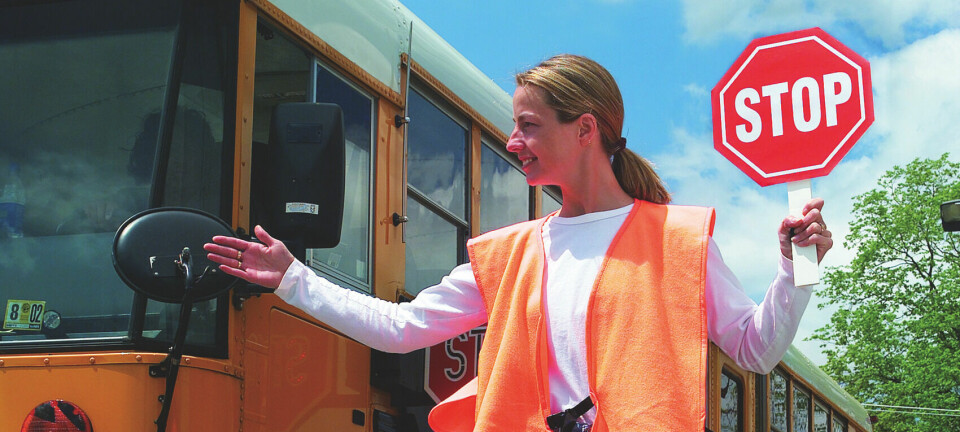Protecting crime victims key to Board of DD Awareness Month talks
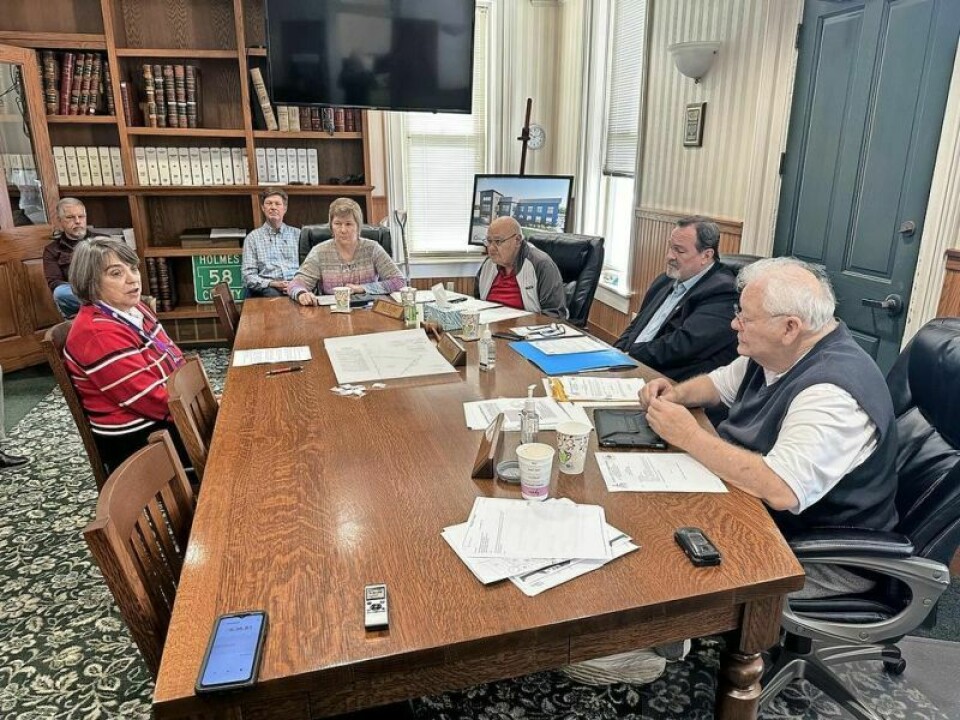
The Holmes County Board of Commissioners met Monday, March 25 and invited Marianne Mader, superintendent with the Holmes County Board of Developmental Disabilities, to join them to celebrate the proclamation declaring March as Developmental Disabilities Awareness Month.
The commissioners were grateful to continue their ongoing work with the HCBDD, which they said has provided many valuable assets to the people of Holmes County, especially to those families who utilize its services on a regular basis.
One of the purposes of the proclamation was to increase awareness of everything the HCBDD provides to the people of Holmes County.
In joining the commissioners, Mader quickly fleshed out everything the BDD continues to provide and focused a great deal of her attention during Awareness Month on one aspect families with a special needs member deal with far too often.
“During this month we usually like to talk about the gifts and skills and abilities of people with disabilities,” Mader said to the commissioners, noting it is always good to help people better understand that everyone has plenty to offer.
However, she said there is another reality that can accompany the objective of getting people with disabilities out into the community.
“They are a vulnerable population,” Mader said. “As such, they are four times more likely to be victimized in a violent crime than a nondisabled population.”
She said while the population making up people with disabilities is 12% nationally, they are victims 26% of the time, and people with cognitive disabilities have the highest rate of victimization.
“It’s less likely to be reported, and a lot of our folks can’t communicate easily, and if they can’t tell the police or a caregiver, the crime doesn’t get reported,” Mader said.
Mader said people oftentimes tend to dismiss those with disabilities when they do bring up a crime committed against them.
She said the State of Ohio has developed a program that serves as a reporting system and presents guidelines in responding to a reported incident. She said they are required to protect the health and well-being of every individual, and everyone within the organization or with a provider organization requires annual training.
There is an abuser registry that lists potential employees who have harmed individuals with disabilities, and the HCBDD does its due diligence before hiring anyone.
Mader has been in touch with local law enforcement and Holmes County prosecutor Matt Muzik to develop a memorandum of understanding regarding investigations to ensure those with developmental disabilities are properly protected, whether it is reporting or investigating an incident.
“Because it isn’t prevalent here in Holmes County, we have banded together with other counties and have our investigators work several other counties through a contract,” Mader said.
In addition, Mader spelled out other areas and programs where the HCBDD continues to thrive.
That list includes the Early Intervention program in which they work with infants to 3-year-olds. There are currently 71 children in the program.
“We work with families to try to adjust whatever abnormal delay is happening at the time, so that when the child gets older, that developmental delay may not be as apparent or may be completely resolved,” Mader said.
She talked about Learning Bridge, a program for children age 3-5 in which they have worked with 14 children at home who have additional issues that need to be addressed.
She talked about the newly designed playgroups they provide for infants, toddlers and young children, as well as how they have worked to develop sensory-friendly events that allow children who struggle with adapting to crowded or loud environments to enjoy a variety of celebrations and holidays such as Easter and Christmas.
Another focus has been helping children learn how to better use communication devices, an area where she said they’ve made great gains.
She said they continue to work hand in hand, providing funding and oversight to three area agencies that work with older adults with developmental disabilities who attend day programs.
Those entities are GentleBrook, Sacred Ground and Midwest in Millersburg. Mader said there are currently 62 adults attending the three operations.
She said they have been able to secure grants to create three changing tables for adults and older children that create a safe, clean place for people to be changed.
One will be installed at the Holmes County Fairgrounds, one will be in the new visitors center in Millersburg, and one will be portable and utilized at a variety of county events throughout the year.
“These tables aren’t just for people with special needs. They can be used by anyone including older adults,” Mader said.
She said they are working closely with the Holmes County Fair Board to improve accessibility during the fair for those with special needs.
The HCBDD also continues to work on its survey and the results, hoping the community can provide insight into what it would like to see in the way of improvements and programs.
“We welcome all feedback, and the survey is available on its Facebook page and on the website,” Mader said.
She said anyone interested in learning more should check the HCBDD Facebook page.




